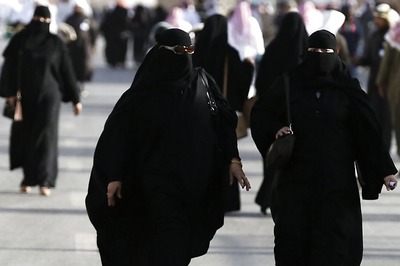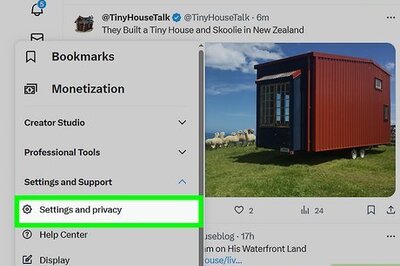
views
- People leave coins as a sign to show they visited a military veteran’s grave.
- Money left on graves eventually gets paid to cemeteries and future veteran burials, so you shouldn’t take it.
- Friends and loved ones leave pennies, fellow boot camp members leave nickels, and fellow service members leave dimes.
Why do people leave coins on gravestones?

Coins are left as a common military tribute to fallen soldiers. It's been claimed that, back in the age of the Roman Empire, soldiers would stick a coin into a deceased soldier’s mouth—this way, their journey across the River Styx (a major river in the Underworld) would be paid. This practice became especially popular starting in the 20th century, around the time of the Vietnam War (from the 60s to the 70s). At this time, people left coins as a way to quietly show that they had visited a fallen soldier’s grave. American society was very divided and politically tense during the Vietnam War. Leaving a coin allowed people to pay their respects quietly without having to engage in political debates about the war. Some Vietnam veterans treated the coin tradition as a way of buying a drink or preparing to play a card game with their deceased friend for when they themselves finally pass on.
Why You Shouldn’t Touch Gravestone Coins

The money is meant to go to cemetery and future veteran burial fees. In veteran cemeteries and national cemeteries specifically, all of the money left on veteran graves helps pay for cemetery maintenance. It may also help fund the future burials of veterans whose families can’t afford the cost.

Touching or taking coins left on a gravestone is disrespectful. At the end of the day, leaving a coin on a gravestone is an intentional way to pay respects to a soldier and their service—it’s not the same as someone accidentally dropping some loose change from their wallet. Taking gravestone coins implies that you don’t care about that soldier’s sacrifice or the people who are taking time to mourn and remember them.
Meanings of Different Grave Coins

Pennies are left by friends, family, and acquaintances visiting the grave. According to tradition, any person just stopping by to visit and pay their respects can leave a penny on the grave to show that they were there. This might include friends, loved ones, acquaintances, or even strangers.

Nickels are left by soldiers who attended boot camp with the deceased. These soldiers may not have served in the same platoon as the deceased, but they did spend time training together.

Dimes are left by soldiers who served in the same unit as the deceased. Soldiers who leave dimes likely knew the deceased individual to some extent.

Quarters are left by people who witnessed the deceased’s passing. Quarters may not be a common sight on a veteran’s gravestone, but they definitely carry the deepest, most heartbreaking meaning. At one point during their service, this individual was serving alongside the deceased when they were killed and experienced the person’s death firsthand.


















Comments
0 comment